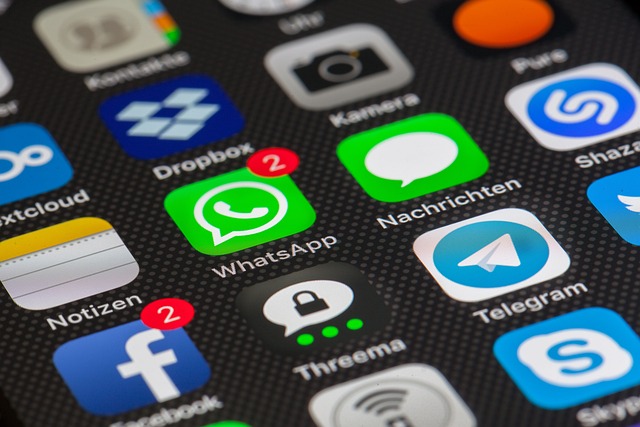In a landmark decision, Australia has become the first country to approve a legislation banning children under 16 from using social media, marking the introduction of the world’s strictest law on online access.
The Senate approved the bill late Thursday, paving the way for final amendments to be passed in the House of Representatives, where the Albanese government holds a majority. The legislation was expected to become law within 12 months. Social media platforms that fail to comply could face fines of up to A$50 million ($32.5 million; £25.7 million).
Prime Minister Anthony Albanese defended the move, emphasising the need to protect young Australians from the “harms” of social media. “This is a global problem, and we want young Australians essentially to have a childhood. We want parents to have peace of mind,” he said when introducing the bill last week.
The new law will set the highest age limit for social media use worldwide, with no exemptions for existing users or parental consent. Gaming and messaging platforms are excluded, as are sites that can be accessed without an account, such as YouTube.
Critics raised concerns about how the government plans to enforce the ban. The legislation left key details, including which platforms will be covered, to be decided later by Australia’s communications minister, in consultation with the eSafety Commissioner.
The government proposed using age-verification technology, which could include biometrics or identity documentation. However, digital researchers have questioned the effectiveness of such methods and warned of potential privacy risks. Critics also pointed out that restrictions could be easily circumvented using tools like VPNs, which can disguise users’ locations.
“We all know technology moves fast, and some people will try to find ways around these new laws, but that is not a reason to ignore the responsibility that we have,” Albanese said, addressing concerns about enforcement.
Social media giants expressed skepticism. TikTok criticised the law’s broad and vague definition of a social media platform, warning it could encompass “almost every online service.” Google and Snap also called for greater clarity, while Meta described the bill as “ineffective.” X, formerly Twitter, questioned its compatibility with international human rights laws.
The reforms found support among many Australian parents and advocacy groups, who said the legislation addresses their long-standing concerns about social media’s impact on children.
“For too long, parents have had this impossible choice between giving in and getting their child an addictive device or seeing their child isolated and feeling left out,” said Amy Friedlander, a parent who lobbied for the ban. “We’ve been trapped in a norm that no one wants to be a part of.”
However, youth advocates and researchers criticised the government for excluding young people from the conversation. “We understand we are vulnerable to the risks and negative impacts of social media… but we need to be involved in developing solutions,” the eSafety Youth Council said in a statement.
Experts have also warned that the legislation could drive young users toward less regulated corners of the internet, exacerbating the very risks it seeks to address. “This is too blunt an instrument to effectively address the risks associated with social media use,” one expert noted.
Australia’s bold move has drawn international attention. Norway pledged to consider similar legislation, while the UK hinted at introducing its own social media ban for minors.
Despite its global significance, questions remained over whether Australia’s approach will succeed. Previous efforts elsewhere have faced challenges. In France, a law requiring parental consent for under-15s failed to prevent half of minors from accessing social media using VPNs. Similarly, an Utah law was overturned by a federal judge for being unconstitutional.











